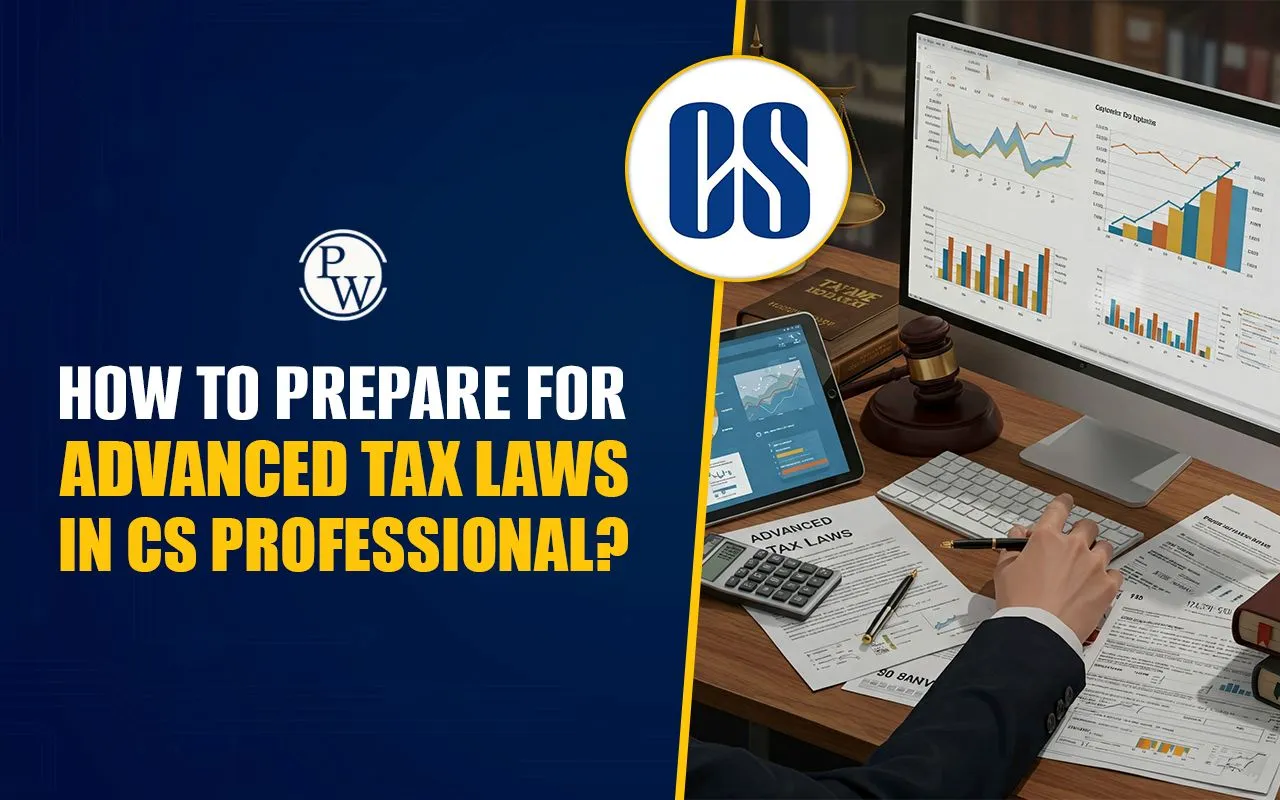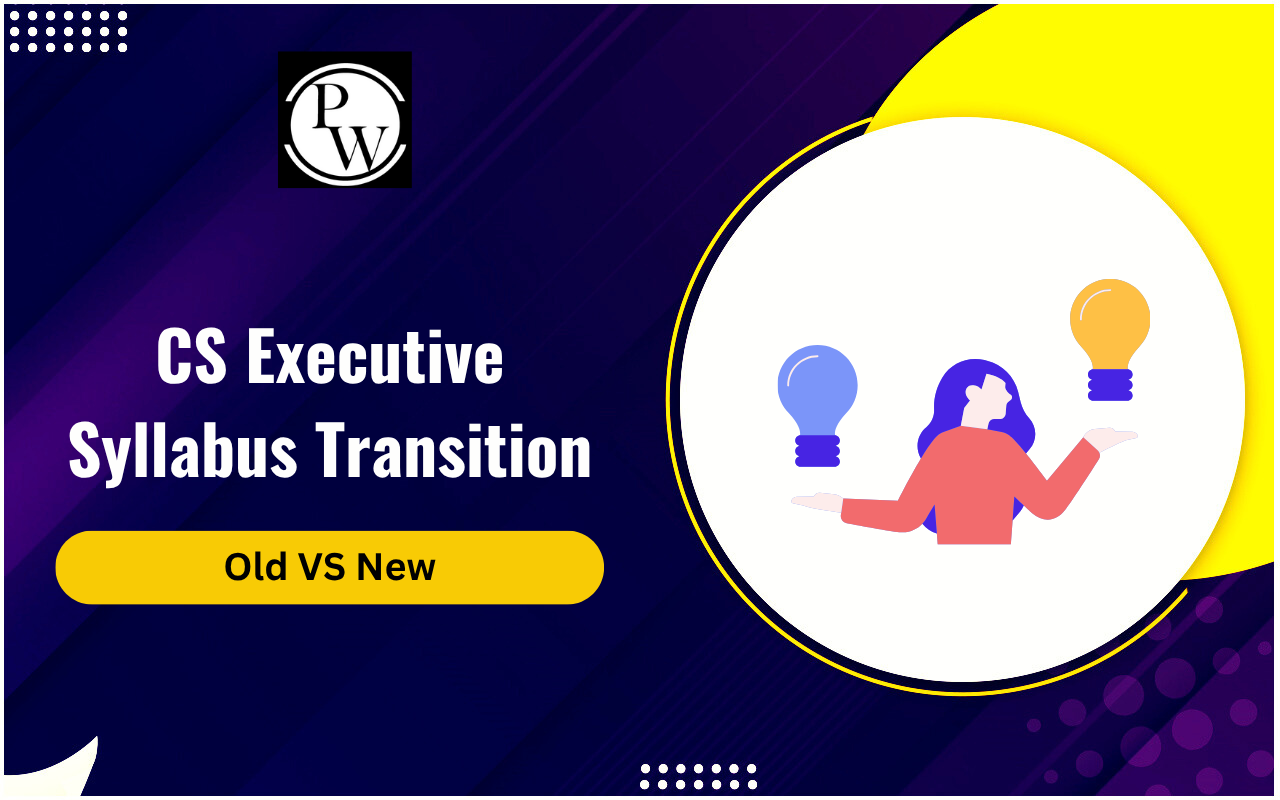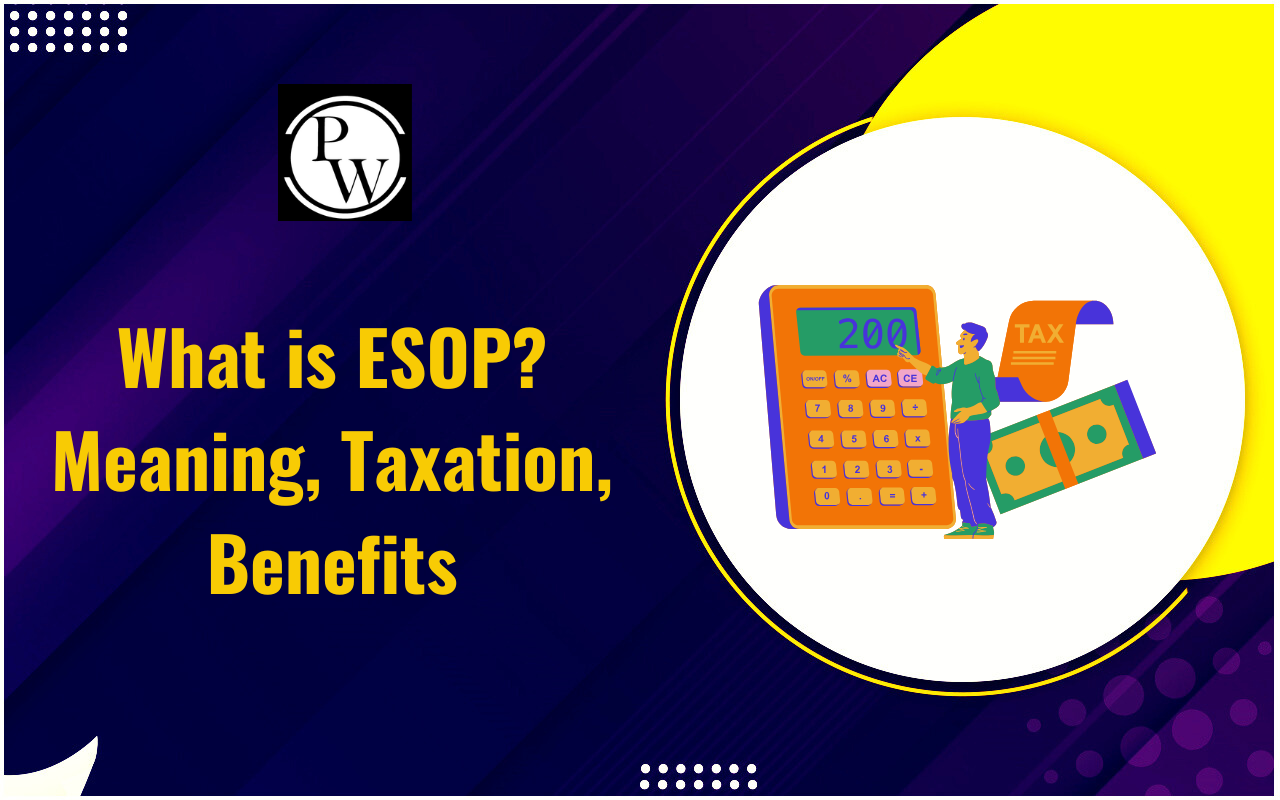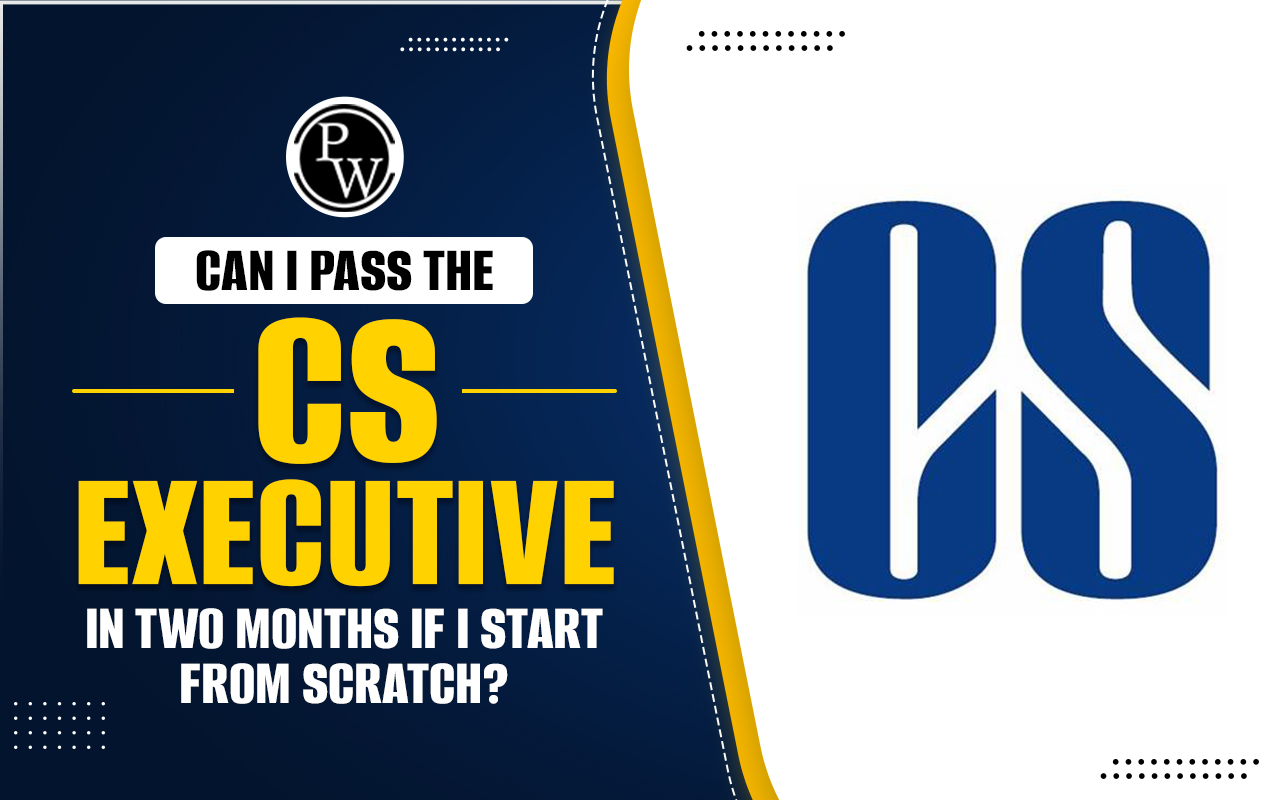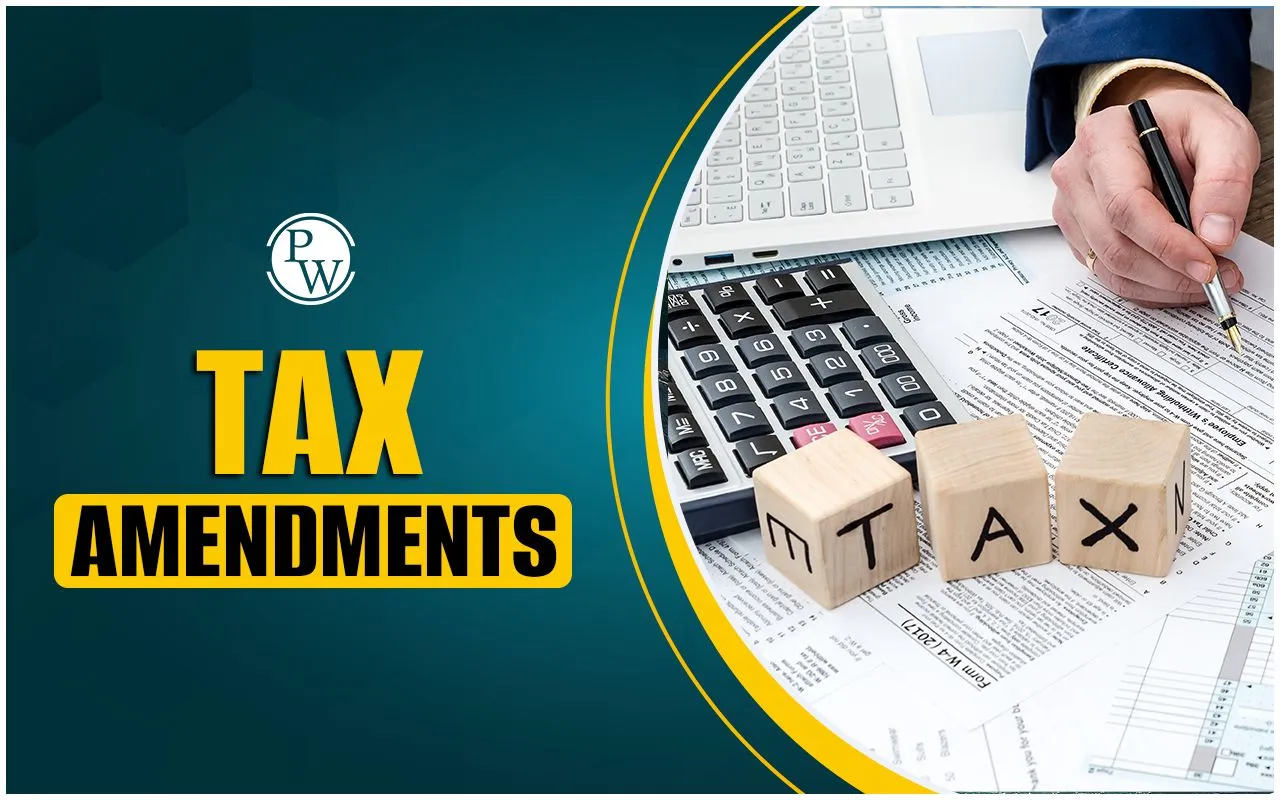
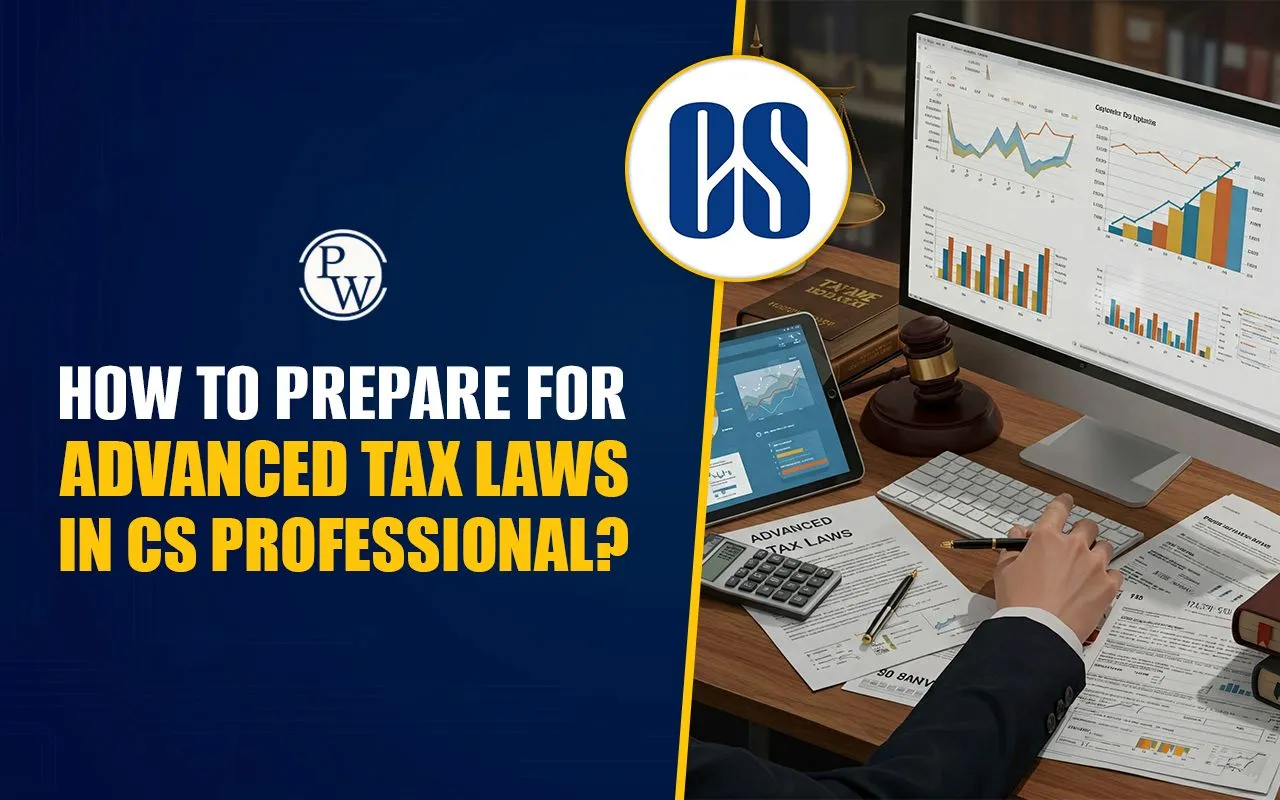
For aspiring Company Secretaries, the CS Professional level represents a crucial phase in their academic journey. Among the subjects in this stage, Advanced Tax Laws demands extra attention due to its vast syllabus and technical nature. If you’re looking for a complete guide on how to prepare for advanced law in CS Professional, this article will provide you with actionable tips, structured strategies, and important resources to help you prepare effectively.
Understanding how to prepare for advanced law is essential because the subject covers diverse tax laws including Direct Tax, International Taxation, and GST. The paper is designed to test both your conceptual clarity and practical problem-solving skills. Hence, a well-planned approach is crucial for success.
Advanced Tax Law
Before discussing how to prepare for Advanced Tax Law in CS Professional, it’s important to understand what the subject entails. Advanced Tax Laws is divided into two parts:
Direct Taxation: This includes Income Tax, International Taxation, Transfer Pricing, TDS/TCS, and Tax Planning.
Indirect Taxation: This focuses on GST, Customs, and procedural compliances.
The paper is designed to test both theoretical knowledge and practical application, making it essential to stay updated with amendments and judicial decisions.
How to Prepare for Advanced Tax Law in CS Professional?
When you're wondering how to prepare for Advanced Tax Law in CS Professional, it helps to follow a structured and phased approach. This step-by-step guide is designed to help you cover the vast syllabus while maximizing your retention and application skills.
1. Start with ICSI Study Material
Your foundation on how to prepare for Advanced Tax Law begins with the ICSI module. Read it thoroughly, and highlight important sections, case laws, and examples. The module is aligned with the exam pattern and covers the latest amendments and concepts.
2. Divide the Syllabus Strategically
To effectively plan how to prepare for Advanced Tax Law, break the syllabus into daily or weekly targets. Segmentation ensures consistent coverage and makes revision easier. For example:
Week 1-2: Basics of Income Tax and heads of income
Week 3-4: International Taxation and Transfer Pricing
Week 5-6: GST structure and procedures
Week 7-8: Customs and FTP provisions
3. Focus on Amendments and Case Laws
A crucial part of how to prepare for Advanced Tax Law is staying current with tax amendments. To effectively tackle this, maintain a dedicated notebook where you compile the latest circulars from CBDT and CBIC, significant Supreme Court and High Court rulings, and real-life tax scenarios along with your analysis. Keeping all these elements organized in one place helps during revision and ensures you are well-versed with practical implications and updated legal interpretations. These updates often carry significant weight in the exam, especially in application-based questions that test your understanding of recent changes and real-world tax practices.
4. Practice Practical Problems
Application-based questions form a big part of the exam, and practicing numerical problems helps solidify key tax concepts. Areas like MAT and AMT calculations, GST Input Tax Credit rules, and international tax computations are frequently tested and require special attention. When deciding how to prepare for Advanced Tax Law, it is important to dedicate time every week to solving case studies and attempting questions from RTPs and past papers, as this enhances both your conceptual clarity and problem-solving speed.
5. Refer to Supplementary Books
Although the ICSI material is your base, referring to other books gives you more exposure. Trusted resources for how to prepare for Advanced Tax Law include Bangar’s Advanced Tax Laws, Vinod Gupta Modules for Direct Tax, and Bare Acts for Income Tax and GST. These books offer greater clarity on complex topics and provide a broader understanding of intricate legal provisions, enhancing both your theoretical and practical grasp of the subject.
6. Stay Updated with Government Portals
Subscribe to updates from official government portals such as incometaxindia.gov.in and cbic.gov.in to receive timely notifications on amendments, circulars, and important changes. Spending just 15 minutes daily reviewing these updates is crucial in how to prepare for Advanced Tax Law effectively and stay aligned with the latest tax developments that may impact your examination.
7. Make Short Notes and Flowcharts
One of the most effective tips on how to prepare for Advanced Tax Law is to create summary notes that cover section-wise tax treatments, important due dates, and conceptual charts such as GST tax flow. These notes serve as a quick reference tool, simplify your revision process, and are extremely useful during the last days before the exam.
8. Watch Conceptual Videos
If certain concepts are difficult, watch topic-wise YouTube videos or recorded lectures. Visual learning improves understanding and retention—a smart method in how to prepare for Advanced Tax Law.
9. Attempt Mock Tests and RTPs
One of the most essential aspects of how to prepare for Advanced Tax Law is consistent answer writing practice. Writing helps reinforce your understanding of legal provisions, improves your presentation, and fine-tunes your analytical skills. Regularly practicing answer writing strengthens your ability to logically structure answers, enhances your time management during exams, and aligns your responses with the examiner’s expectations in terms of clarity and accuracy. It is recommended to simulate exam conditions by attempting mock tests every two weeks. Analyze your performance critically to identify weak areas and improve progressively. This habit will significantly boost your confidence and overall performance in the actual examination.
Mastering how to prepare for Advanced Tax Law in CS Professional requires discipline, planning, and continuous learning. Stick to your study schedule, revise regularly, and stay updated. The subject might seem vast, but it can turn into a high-scoring paper with consistent efforts.
Tax laws are not just about passing an exam they form a strong pillar of your CS career. Begin early, use quality resources, and revise smartly. With this guide on how to prepare for Advanced Tax Law, you’re now ready to take your preparation to the next level.
Join PW CS Online Courses and build a strong foundation in corporate laws and governance with structured learning and dedicated support.
How to Prepare for Advanced Tax Laws FAQs
Which book is good to understand how to prepare for Advanced Tax Law?
How important are amendments in this paper?
Can I clear this subject through self-study?
How many times should I revise?

